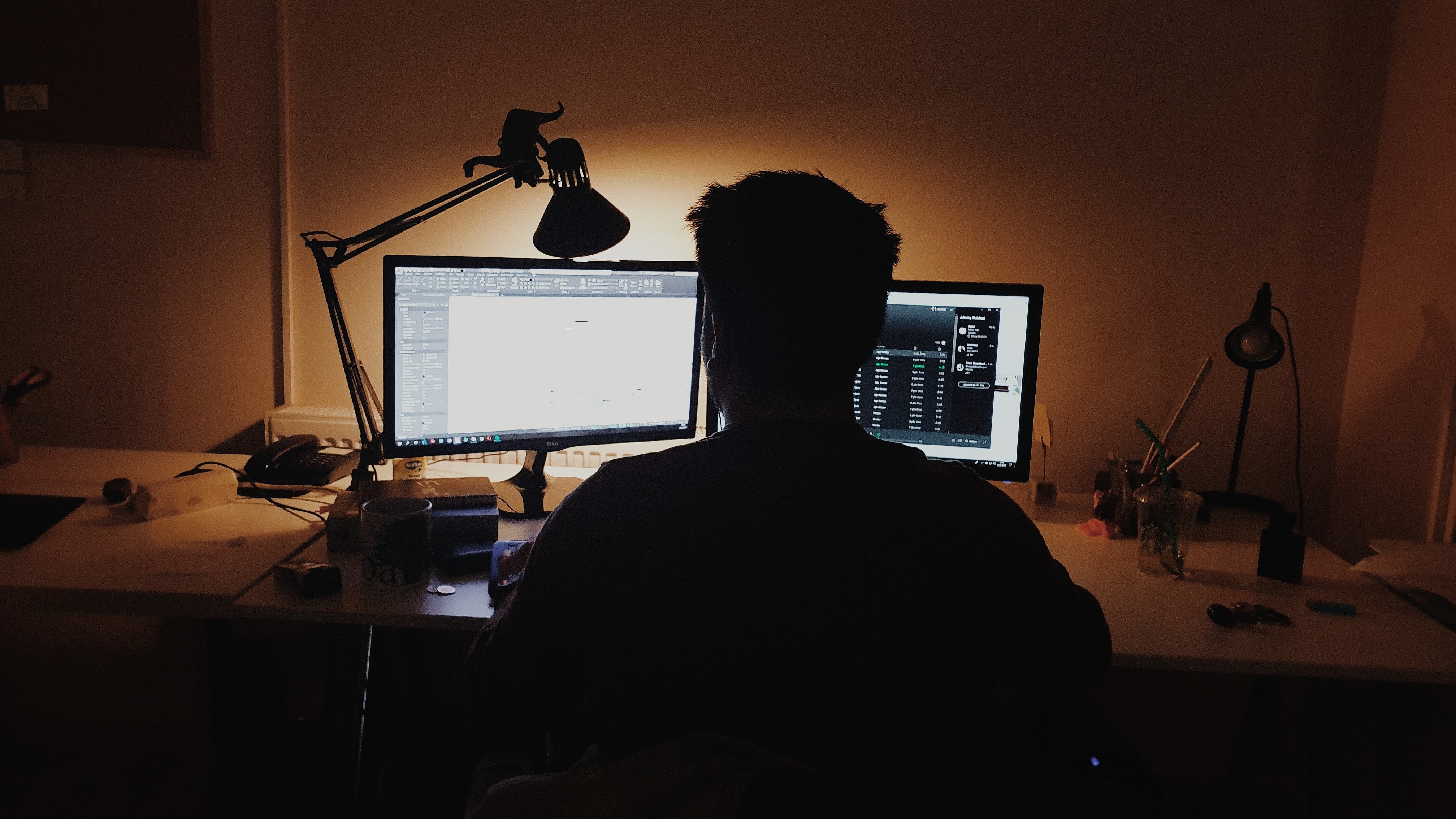Contact
ELSE-FRENKEL-BRUNSWIK-INSTITUTE for Democracy Research in Saxony
Universität Leipzig
Ritterstraße 26
04109 LEIPZIG
POSTFACH-NR.: 348003
- Research
- Projects
- Documentation
- Counseling

Nationwide project
Radical Islam vs. Radical Anti-Islam (RIRA)

In the RIRA project network, social polarization and perceived threats are examined as driving factors of radicalization and coradicalization processes in adolescents and postadolescents. The youth in Leipzig, among other groups, are interviewed for this purpose.
The RIRA research project examines empirically supported social aspects of a radicalization spiral that have not previously been researched and, on the basis of these results, develops preventive measures for the education sector. The central research question is, Which collective intervention approaches can be identified in the radicalization and coradicalization of young and postadolescent Muslims as well as non-Muslims?
SUBPROJECT AT THE ELSE FRENKEL-BRUNSWIK INSTITUTE
RIRA is a joint project at the Braunschweig, Duisburg, Leipzig, and Osnabrück locations. The Leipzig project team, headed by Oliver Decker, asks, which dynamics can be found in the conditions and the meaning of radicalization? In examining this question, the team is primarily concerned with evaluating quantitative data material (primary and secondary data) within the RIRA project network as well as implementing and evaluating group discussions and interviews through a deep hermeneutic method. An additional focus is on the topic-specific secondary evaluation of radicalization and extremism in the representative population data of the “Leipzig Mitte Studies”/“Leipzig Authoritarianism Studies” since 2002.
The RIRA project is one of four joint projects in which EFBI is involved, together with other research institutions. The aim of the research is to examine political attitudes, discrimination, and social cohesion in various German cities. In other projects, EFBI researchers are investigating social conflicts in the research project “Conflict Space Hamburg” and the struggles for recognition and participation within Berlin’s urban society in the research project “Berlin Monitor”.

